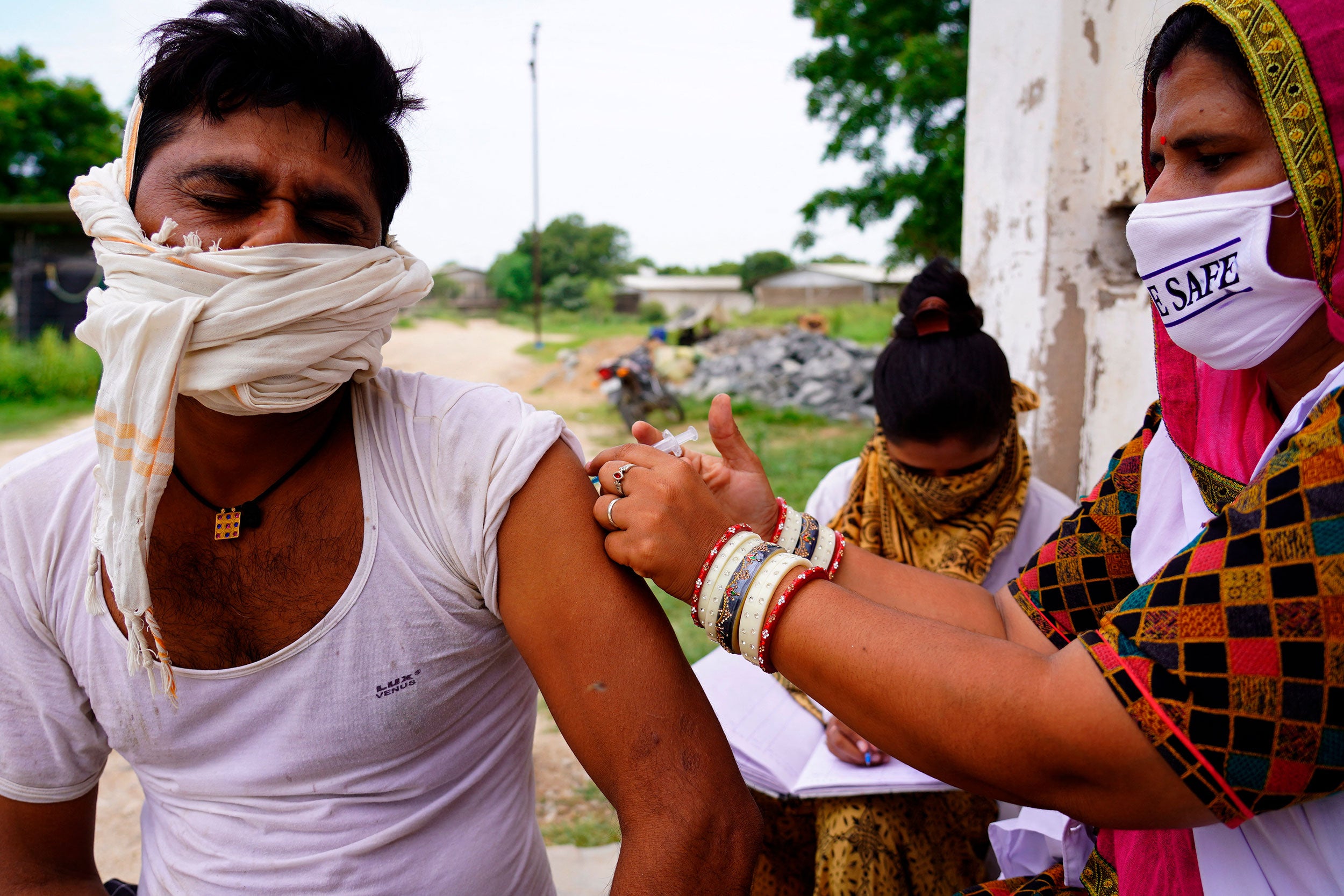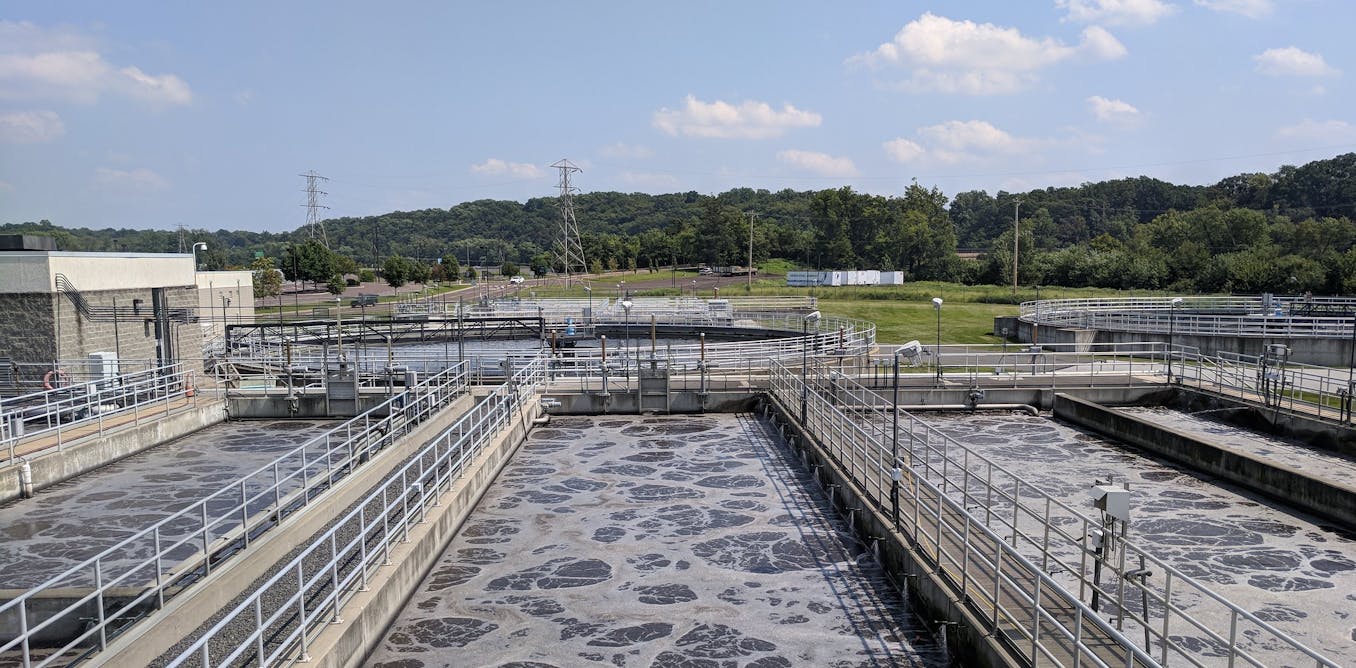Experts say lessons from abroad can rein in COVID variant
Despite its ability to transmit more easily and puncture vaccine defenses, the delta variant is no superbug. It is vulnerable to masking, distancing, and other non-pharmaceutical interventions, lessons from delta outbreaks overseas show.
Aug. 24, 2021 • ~10 min









